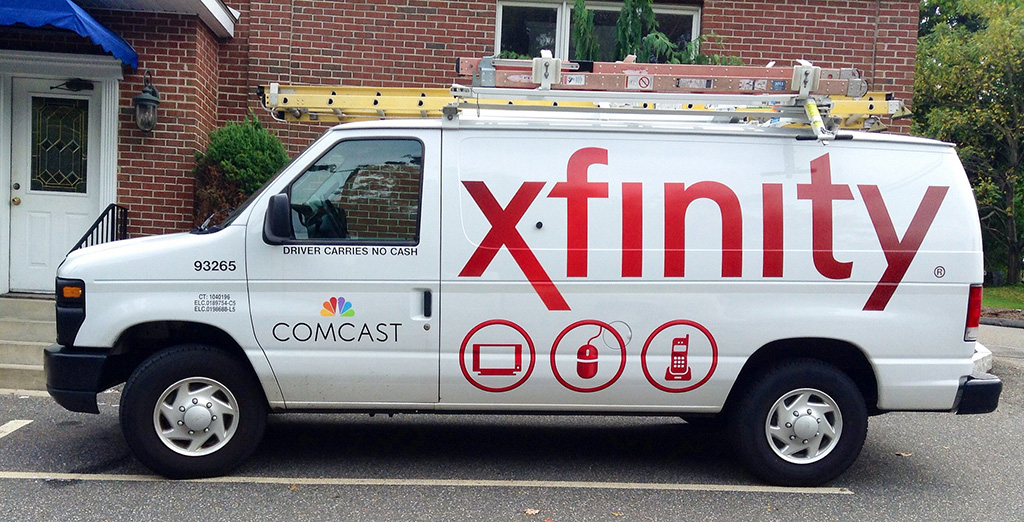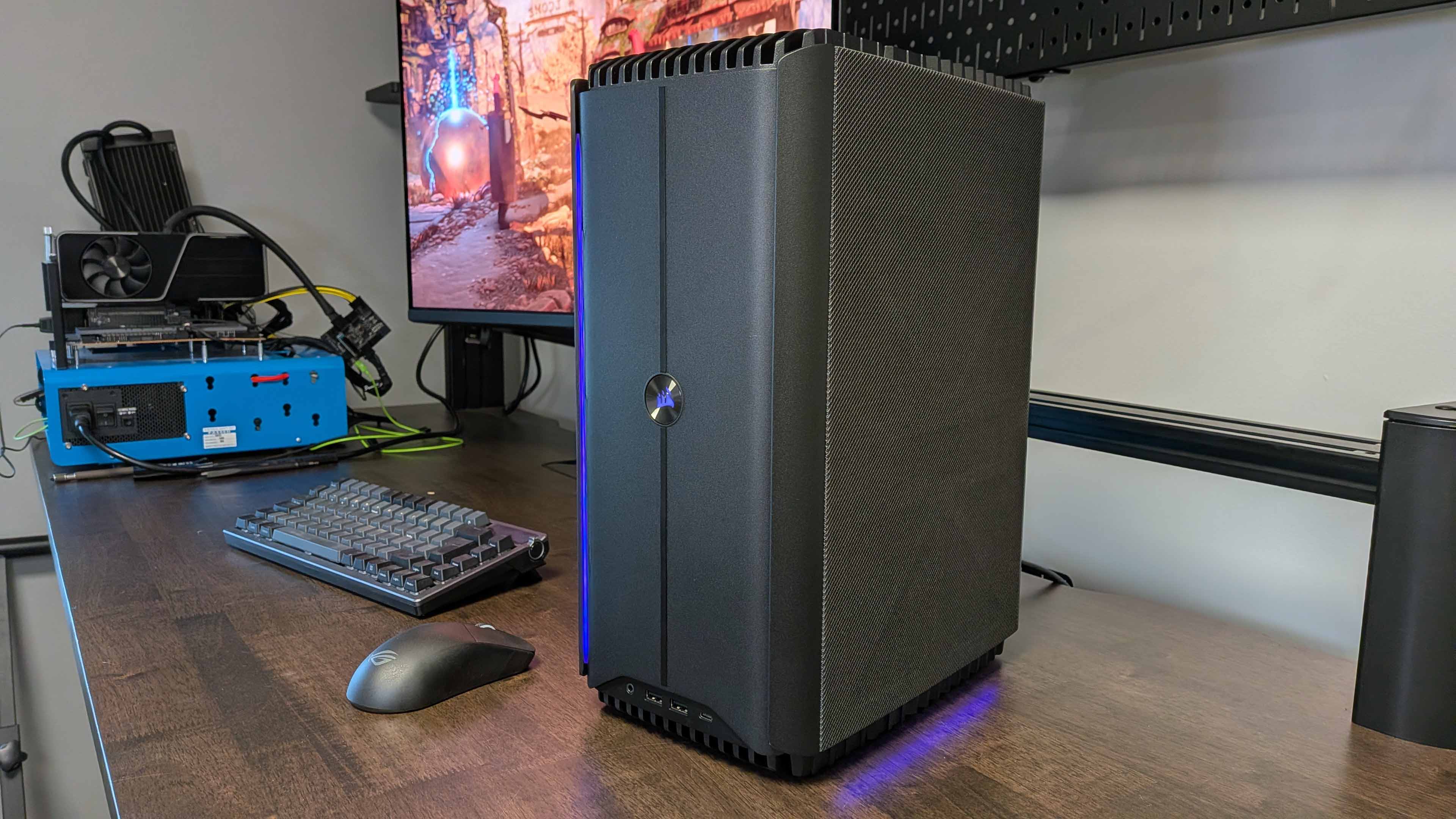Broadband analysis finds at least 196 ISPs impose data caps
This handy website shows which ISPs near you put a cap on data usage.

Even as broadband service gets faster and more prevalent, many internet service providers (ISPs) still feel compelled to impose data limits on customers. A recent example is Cox Communications—just last month it implemented data caps in four more states, bringing the total number to 16. While still in the minority, there are nearly 200 ISPs in the US that cap data usage, BroadbandNow found in a recent nationwide analysis.
"As of Aug 08, 2017, we have 196 providers with data caps in our database," BroadbandNow reports.
The list of 196 ISPs is out of more than 2,500 home Internet providers in BroadbandNow's database. So if looking at the glass half full, you could say that more than 2,300 ISPs do not impose data caps. Unfortunately, some of the bigger and more widely available ISPs make the list, including AT&T, Comcast (Xfinity), Cox, SuddenLink, and others.
"Data caps have emerged in recent years as a way for Internet providers to police bandwidth usage on their networks. Rather than letting everyone use the 'pipe' as much as they want, the broadband industry in the US seems to be moving towards a 'pay as you go' model where customers who use more data than other will have to pay extra for it," BroadbandNow says.
Cap sizes range in size from as low as 3GB up to 3TB, with a wide range in between. In cases where multiple caps are imposed, BroadbandNow told Arstechnica that it posted the lowest one with an asterisk to indicate regional variations.
What makes this frustrating is that online content is not getting any smaller. Video streaming services are starting to push out 4K content, and game downloads aren't exactly shrinking in size. And of course there is the whole cloud backup movement.
Comcast, the biggest ISP in the nation, has been adding data caps to more regions. Most plans are capped at 1TB, with a $10 fee attached to every 50GB a customer goes over. Alternately, customers can pay a $50 charge to remove the cap altogether.
Keep up to date with the most important stories and the best deals, as picked by the PC Gamer team.
"Statements from Internet providers suggest that data caps are a necessary step to combat network congestion. Opponents of data caps believe that the motivation for data caps has more to do with recovering declining cable revenue or creating a roadblock for streaming services like Netflix. Whichever side you believe, the outcome is the same—data caps are becoming commonplace," BroadbandNow adds.
While this is taking place, the FCC is busy tearing down net neutrality rules that were put in place by the Obama administration. Combined with an increasing number of data caps, the Internet could end up a very different place in the next few years than it is now.
Paul has been playing PC games and raking his knuckles on computer hardware since the Commodore 64. He does not have any tattoos, but thinks it would be cool to get one that reads LOAD"*",8,1. In his off time, he rides motorcycles and wrestles alligators (only one of those is true).


